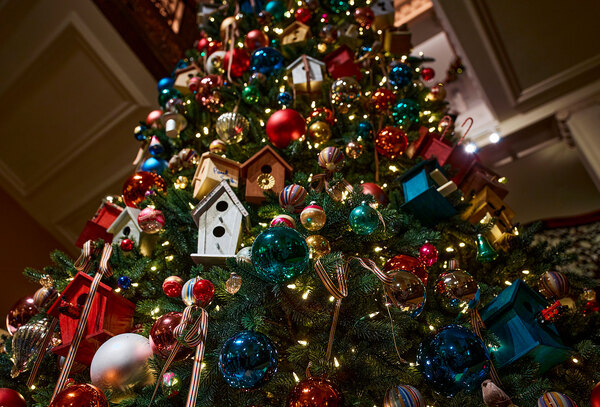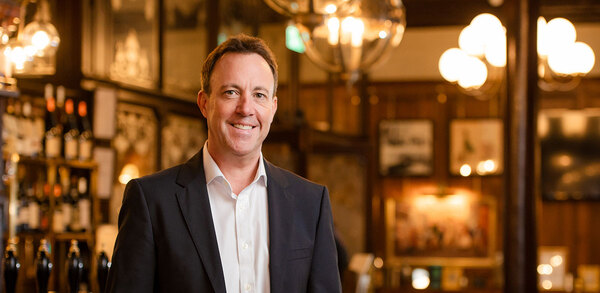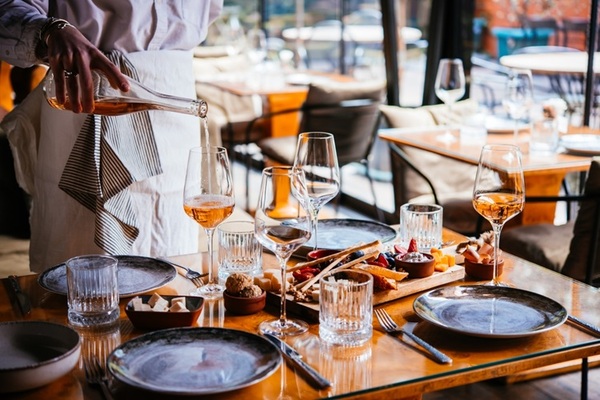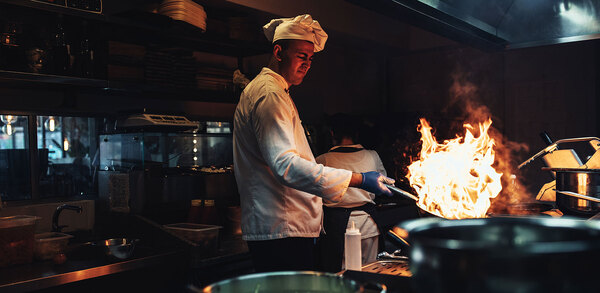Scottish and Irish scallop producers under threat from EU regulations
Scottish and Irish suppliers of hand-dived scallops, used in fine dining restaurants across the country, are at risk of going out of business because of draconian EU regulations.
The rules, which were reinforced last year, have taken their toll on suppliers as they prevent them from selling scallops whole, still alive in their shell, at a higher price than the shucked meat.
Scottish suppliers, including the Ethical Shellfish Company and Keltic Seafare, have raised the issue with MP Mike Russell and hope to get Scotland's Cabinet Secretary for Rural Affairs and Environment Richard Lochhead to look into it.
Under the legislation, scallops must be tested for the presence of algal toxins, which if present above a certain level can cause food poisoning. The current limit for scallop meat as set by the EU is 20 micrograms per gram.
The problem is that this level is applied not just to scallop meat but also to whole shell scallops, requiring them to be mixed up in their entirety before testing, including guts, which, unlike oysters or mussels, are removed before cooking.
"As all the toxins in the scallop are in the guts, they will invariably fail the test, and are therefore not allowed to be sold," explained Juliet Grieve, who runs the Ethical Shellfish Company on the Isle of Mull with her husband Guy.
"But no one has pointed out that scallops are always shucked prior to cooking, with the contaminated parts removed. This law has come out of Brussels and is being broadly applied to all bivalvia, not taking into account small, important details."
This was echoed by Alasdair Hughson, director at Keltic Seafare in Dingwall, Highland, which supplies up to 400 restaurants in the south of England and Scotland, who said: "We'd like to see this legislation reviewed as it's very generalised."
Hughson added that being forced to sell hand-dived scallops shucked instead of whole devalued the product to a fraction of the price. "This is a real threat to our industry and we have seen a number of suppliers go out of business because it directly affected their sales or they could not afford to keep up with the regular testing," he said.
Grieves added: "Diving for scallops is one of the most sustainable forms of fishing but it makes the product a lot more expensive and this is a huge worry for us. We are frightened for the future of our business and also of the industry as this puts huge restrictions on us."
Meanwhile Andrew Fairlie, who runs his eponymous two-Michelin-starred restaurant at Gleneagles Hotel in Auchterarder, Perthshire, said the legislation seems to have been applied without any real thought: "It seems like a simple thing to remedy."
He added: "I refuse to buy scallop meat because you don't know if it's from dredged scallops and the sustainability and provenance is not guaranteed as it is with live scallops. At the moment we're getting around this by having signed an indemnity form from Keltic Seafare, agreeing to only use the scallop meat in our kitchen."
By Kerstin Kühn
E-mail your comments to Kerstin Kühn here.

Caterersearch.com jobs
Looking for a new job? Find your next job here with Caterersearch.com jobs


















